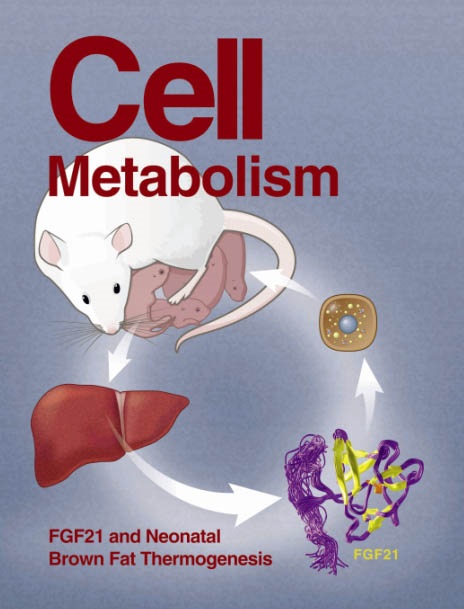测试碳水化合物-胰岛素模型:某些方面是一致的,但总体数据不支持模型
IF 30.9
1区 生物学
Q1 CELL BIOLOGY
引用次数: 0
摘要
感谢您有机会回复Ludwig及其同事对我们的论文(我们对碳水化合物-胰岛素模型(CIM)的一些预测进行了测试)所写的信CIM提出,肥胖的产生是因为高血糖负荷(GL)饮食导致一系列激素变化,使底物分配转向脂肪储存,导致更大的饥饿感和食物摄入量增加。该模型的一个预测是,当一餐的GL增加时(第一餐),它将导致利益声明,作者声明没有竞争利益。本文章由计算机程序翻译,如有差异,请以英文原文为准。
Testing the carbohydrate-insulin model: Some aspects are consistent, but overall the data do not support the model
Section snippets
Main text
Thank you for the opportunity to respond to the letter by Ludwig and colleagues1 generated in response to our paper where we tested some predictions of the carbohydrate-insulin model (CIM).2 The CIM proposes that obesity arises because high glycemic-load (GL) diets cause a set of hormonal changes that shift substrate partitioning toward fat storage, leading to greater hunger and elevated food intake. A prediction of this model is that as the GL of a meal increases (meal 1), it will lead to aDeclaration of interests
The authors declare no competing interests.求助全文
通过发布文献求助,成功后即可免费获取论文全文。
去求助
来源期刊

Cell metabolism
生物-内分泌学与代谢
CiteScore
48.60
自引率
1.40%
发文量
173
审稿时长
2.5 months
期刊介绍:
Cell Metabolism is a top research journal established in 2005 that focuses on publishing original and impactful papers in the field of metabolic research.It covers a wide range of topics including diabetes, obesity, cardiovascular biology, aging and stress responses, circadian biology, and many others.
Cell Metabolism aims to contribute to the advancement of metabolic research by providing a platform for the publication and dissemination of high-quality research and thought-provoking articles.
 求助内容:
求助内容: 应助结果提醒方式:
应助结果提醒方式:


